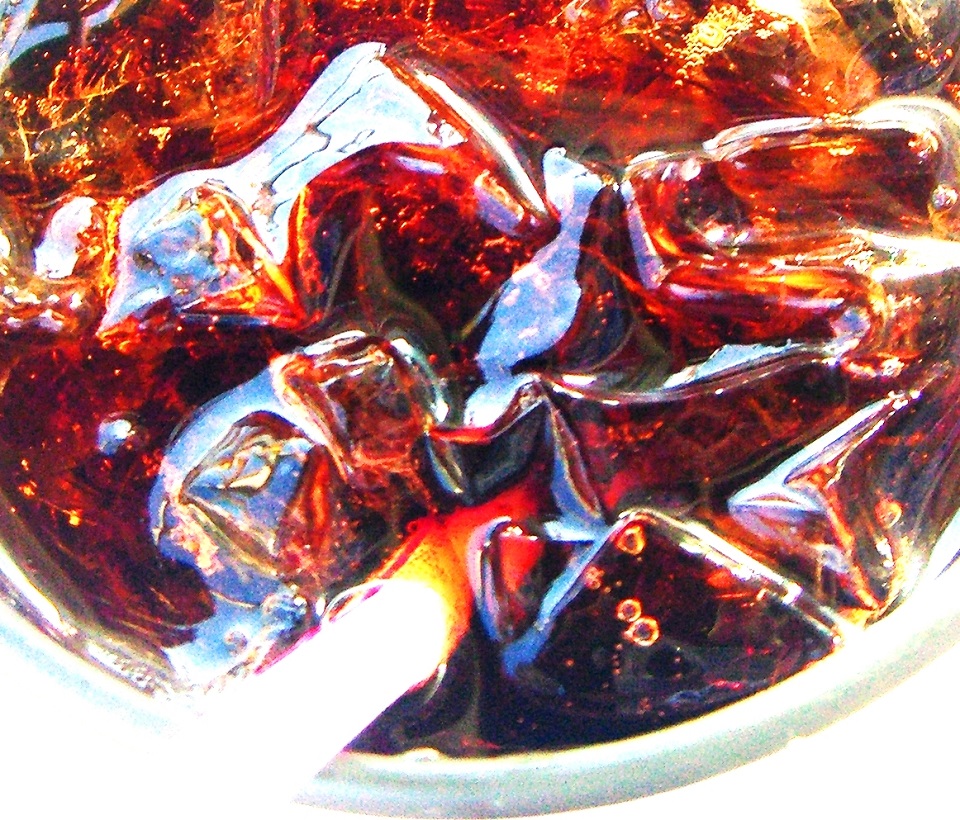
The artificial sweetener aspartame has been the subject of several studies and much controversy in recent decades.
Aspartame is an artificial sweetener used as a sugar substitute in foods and beverages. It is a methyl ester of the aspartic acid “phenylalanine dipeptide”. First launched under the brand name NutraSweet back in 1965, the patent expired in 1992.
The safety of aspartame has been studied extensively with research that includes animal studies, clinical and epidemiological research. Testing varied amounts of aspartame exposure in vitro, on animals and with human study participants. The research data has produced very varied results, however. Some data indicate adverse effects, others none at all.
Recently the European Food Safety Authority published a rigorous review of both animal and human studies on aspartame and its breakdown products (phenylalanine, methanol, and aspartic acid). They concluded that the artificial sweetener is safe for human consumption at current acceptable daily intake levels.
The Chair of EFSA’s Panel on Food Additives and Nutrient Sources Added to Foods (ANS Panel), Dr. Alicja Mortensen mentioned in a press release “This opinion represents one of the most comprehensive risk assessments of aspartame ever undertaken. It’s a step forward in strengthening consumer confidence in the scientific underpinning of the EU food safety system and the regulation of food additives”.
They conclude that the current Acceptable Daily Intake (ADI) of 40mg/kg bw/day is safe for the general population. However, they also conclude that in patients suffering from the medical condition phenylketonuria (PKU), the ADI is not applicable, as they require strict adherence to a diet low in phenylalanine (an amino acid).
This implies that it would be safe for consumption of the ADI of aspartame every hour – equivalent to 4 liters of diet soda – and still not reach beyond safe levels, according to EFSA.
Aspartame has been deemed safe for human consumption by over 100 regulatory agencies in their respective countries, including the UK Food Standards Agency, the European Food Safety Authority (EFSA) and Health Canada.
The EFSA ANS Panel provides a scientific opinion on the safety of aspartame (E 951). Aspartame is a sweetener authorized as a food additive in the EU. In previous evaluations by JECFA and the SCF, an ADI of 40 mg/kg bw/day was established based on chronic toxicity in animals. Original reports, previous evaluations, additional literature and data made available following a public call were evaluated. Aspartame is rapidly and completely hydrolyzed in the gastrointestinal tract to phenylalanine, aspartic acid, and methanol. Chronic and developmental toxicities were relevant endpoints in the animal database. From chronic toxicity studies in animals, a NOAEL of 4000 mg/kg bw/day was identified. The possibility of developmental toxicity occurring at lower doses than 4000 mg/kg in animals could not be excluded. Based on MoA and weight-of-evidence analysis, the Panel concluded that developmental toxicity in animals was attributable to phenylalanine. Phenylalanine at high plasma levels is known to cause developmental toxicity in humans. The Panel concluded that human data on developmental toxicity were more appropriate for the risk assessment. Concentration-response modeling was used to determine the effects of aspartame administration on plasma phenylalanine using human data after phenylalanine administration to normal, PKU heterozygote or PKU homozygote individuals. In normal and PKU heterozygotes, aspartame intakes up to the ADI of 40 mg/kg bw/day, in addition to dietary phenylalanine, would not lead to peak plasma phenylalanine concentrations above the current clinical guideline for the prevention of adverse effects in fetuses. The Panel concluded that aspartame was not of safety concern at the current aspartame exposure estimates or at the ADI of 40 mg/kg bw/day. Therefore, there was no reason to revise the ADI of aspartame. Current exposures to aspartame – and its degradation product DKP – were below their respective ADIs. The ADI is not applicable to PKU patients.
But the issue is probably not settled, as the long-term effects of significant aspartame consumption on humans have still not been established. More studies and more data will most definitely follow.
_______________
Scientific Opinion on the re-evaluation of aspartame (E 951) as a food additive. EFSA Journal 2013;11(12):3496 [263 pp.].
______________________________











![OpenAI. (2025). ChatGPT [Large language model]. https://chatgpt.com](https://www.illustratedcuriosity.com/files/media/55136/b1b0b614-5b72-486c-901d-ff244549d67a-350x260.webp)
![OpenAI. (2025). ChatGPT [Large language model]. https://chatgpt.com](https://www.illustratedcuriosity.com/files/media/55124/79bc18fa-f616-4951-856f-cc724ad5d497-350x260.webp)
![OpenAI. (2025). ChatGPT [Large language model]. https://chatgpt.com](https://www.illustratedcuriosity.com/files/media/55099/2638a982-b4de-4913-8a1c-1479df352bf3-350x260.webp)








